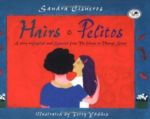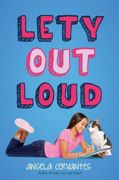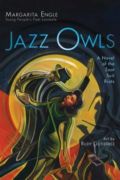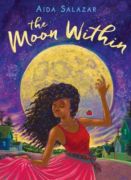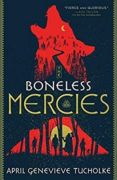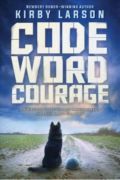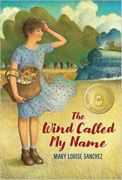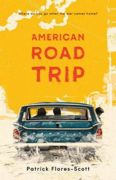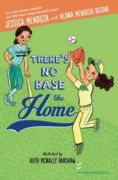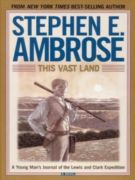
In a story muscled with truth and imagination, Stephen E. Ambrose (1936-2002) recounts the epoch-making 1803 expedition of Lewis and Clark through the words of a young man. Finding foes and friends among Natives, surviving sickness and hunger, choosing between a woman and the life he left behind, George Shannon grows up as the corps forges a way west. Drawing on his encyclopedic knowledge of the subject, Ambrose creates the fictional diary of nineteen-year-old George Shannon, who was in fact the youngest member of Lewis and Clark’s Corps of Discovery. He conjures the journey west with stunning clarity, calling on the bravery of Daniel Boone, the pragmatic courage of Sacajawea, the overarching, relentless vision of Meriwether Lewis. This is a book for young readers as well as for those who are looking for new insights into the Northwest Passage. Ambrose’s vivid characters, his page-turning account, and the map that charts the explorers’ route manifest the spirit of one nation and her indelible destiny.

